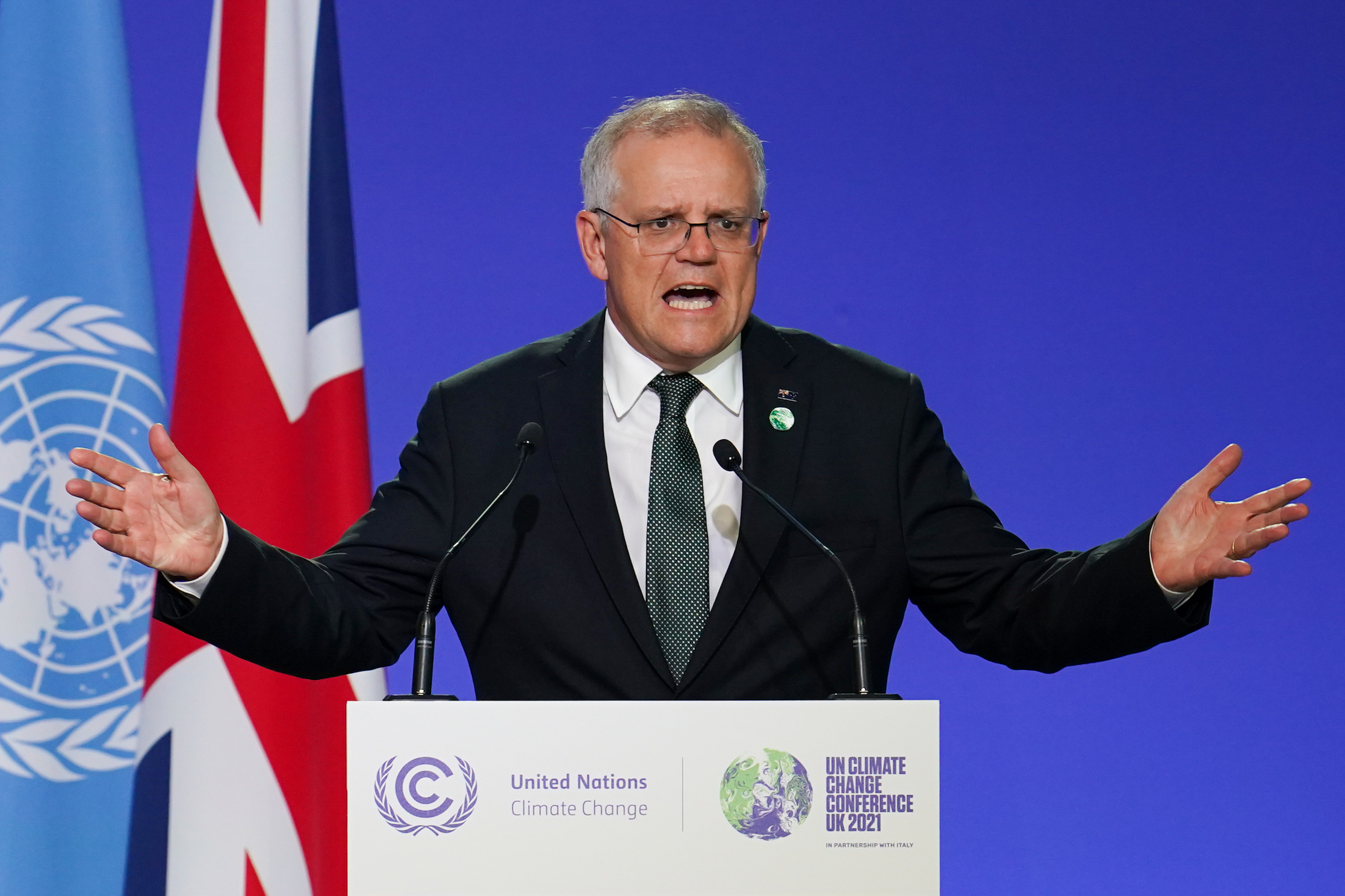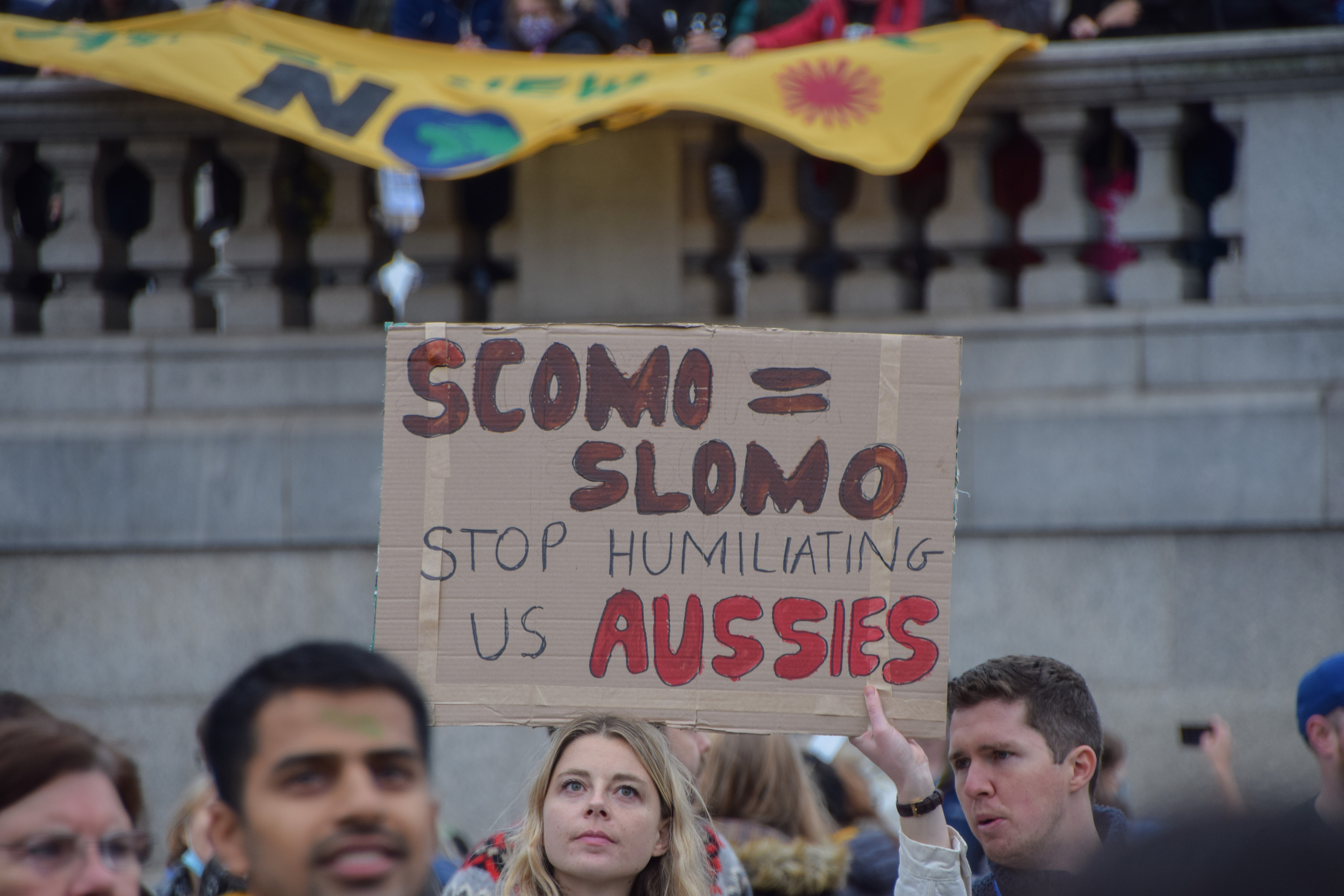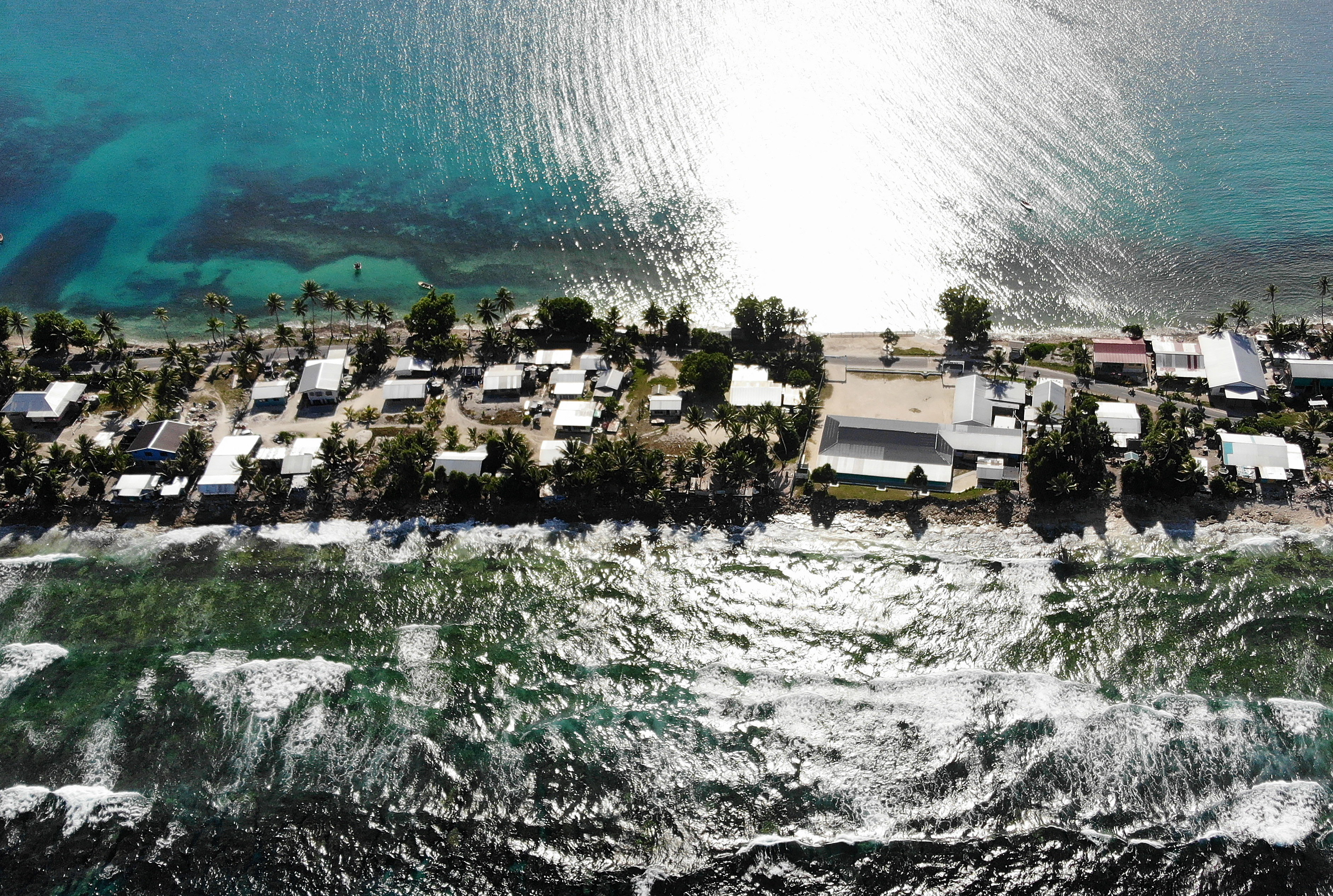
Environment
Can the courts save us from climate change?

Globally, Australia lags when it comes to climate change policy, despite having policy and economic potential in the zero emissions economy
Published 10 November 2021
Australia’s contribution to the United Nation’s COP26 talks on climate change has faced significant international criticism.
The United Kingdom’s top government advisor on climate change has accused Australian Prime Minister Scott Morrison of failing to understand the urgency of reducing greenhouse gas emissions.

While other countries have questioned Australia’s low 2030 targets, an international annual report on climate change policy has put Australia in last place in the rankings for its failure to produce a coherent emissions reduction plan.
So, as COP26 draws to a close, what lessons can Australia learn when it comes to climate policy?
We asked Professor Ross Garnaut AO – a Professorial Fellow of Economics and Business at the University of Melbourne, author of the book Superpower: Australia’s low-carbon opportunity and a driver of policy and debate around the risks of climate change – for his take.

Environment
Can the courts save us from climate change?
Australia is the laggard amongst the developed countries.
It would be in the interests of Australian prosperity and security as well as of the global effort to constrain global warming if Australia was in the middle of the OECD pack, rather than at the bottom.
Being in the middle of the pack would require a commitment to reduce emissions by 45 per cent on 2005 levels by 2030, joining the commitment to reduce methane emissions by 2030 and joining the commitment to phase out the use of coal in power generation.
Our economic, security and climate interests would be favoured even more strongly by being above the middle of the pack.

That’s OK for the time being as a date to achieve net zero.
Australia was the last developed country to make the commitment. It’s the absence of other commitments that make Australia a laggard.
It may be necessary for all developed countries to achieve net zero by a somewhat earlier date if we are to hold temperature increases to 1.5°C above pre-industrial levels but, as envisaged in the Paris Agreement – this step could be taken with other developed countries at a later date.

Environment
Q&A: COP26 and great expectations
Just our responsibility as a neighbour in the international community.
Our Southeast Asian neighbours are large emitters and the recipients of large damage from climate change. Australia can help with both.
Our Melanesian neighbours are large emitters – most importantly from deforestation – and large recipients of damage. Again, we can help with both.
Our Polynesian neighbours are small emitters and out-sized victims. We will have little choice but to play a central role in providing alternative homes for people displaced by rising sea levels from both Melanesia and Polynesia.

There is now strong Australian community awareness of the climate change problem and the need for Australians to take strong and early action within a global solution.
The scholarly community has helped to create that awareness and can continue to expand this contribution.

Sciences & Technology
Opportunities for Traditional Owners in the carbon economy
The economic analysis draws attention to two market failures that need to be corrected by government policy.
One is the external damage imposed on others by firms and individuals which and who emit greenhouse gases. That is efficiently corrected with a carbon price at an appropriate level.
For the time being, that is ruled out by the political inheritance of the Abbott Opposition and then the Government’s repealing of the carbon pricing scheme that worked well in Australia from 1 July 2012 to 30 June 2014.

The other is fiscal support for innovation in and commercialisation of zero-carbon energy, transport and industrial technologies.
The institutions established to correct this second market failure exist and are working well in Australia, although they receive much lower levels of funding than warranted by the value of the externality and the actions of other Governments.
In the absence of efficient and cost-effective government policies at the Commonwealth level, the State Governments can go quite a long way to filling the void. They have taken reasonable steps in doing so. The achievements in change on the ground is especially impressive in South Australia, and in policy in New South Wales.
There is a dreadful continuing problem of the unsuitability of our transmission grids and especially for the unsuitability of their regulation.
Major change is necessary to achieve zero emissions in energy for domestic consumption and to supply the much larger levels of renewable energy generation necessary for Australia to realise its economic potential in the zero emissions global economy.
Banner: Getty Images